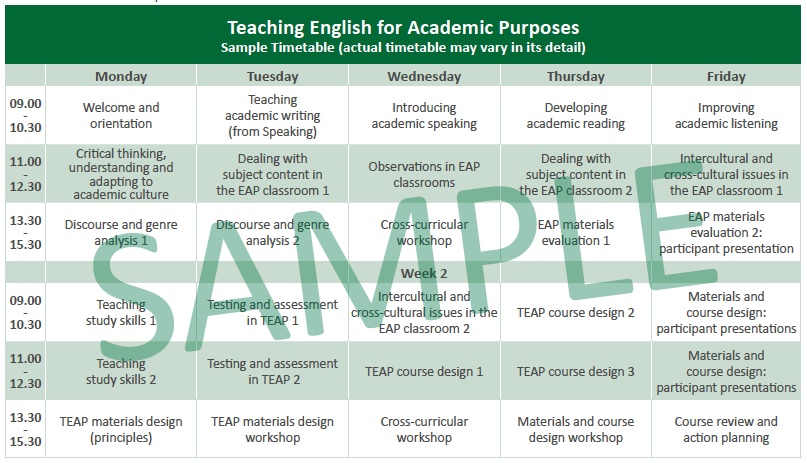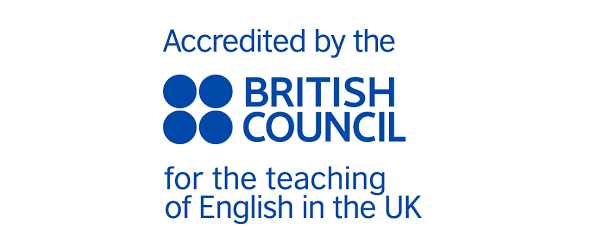This module will familiarise you with principles and practice of current approaches and methods in teaching English for Academic Purposes. You will look at the development of EAP within the wider field of English for Specific Purposes. Needs analysis is a vital component of the course: understanding the range of needs that students have when studying at Higher Education level and the key components that may be required in a particular context.
The key principles in EAP course design will be looked at as well as cross-cultural and intercultural issues in EAP. As part of this course you will examine the requirements of the most commonly accepted examinations for entry to tertiary level education and create tools for formative and summative progress assessment.
This module carries 30 credits
" The first thing I love is the classroom facilities and resource centre, especially the library. The second thing is the learning and teaching is based on a friendly, collaborative approach which gives us an opportunity to feel free and be more confident sharing ideas. "
Nilufar
Is this course for you?
Postgraduate Certificate, Diploma or MA awarded by University of Chichester
Homestay (half-board): £580
Residential (half-board): £672
Residential (self-catering): £580
More information
Course content
Assessment (written after completion of the course and supervised at distance by tutors): A portfolio (50%) containing TWO of the following three options
- An evaluation of an EAP coursebook for use with an identified target group.
- A detailed discourse/genre analysis of an EAP text for use with a specified group of learners.
- EAP materials design for three hours of class time for a specified group of learners, plus a critical evaluation of their use in practice.
A main assignment (3,000 words) (50%): the principled design of an EAP course (maximum 4 weeks) for a specified target group.
" I'm really impressed. The course has provided me with functional knowledge about EAP. All the materials provided are relevant - I can't think of one day I walked away thinking we had wasted time. "
Participant
" A great amount of information was provided. Even though the material was complex, it was delivered with ease and we absorbed the essential information… We received not only knowledge and material, but also pleasure. "
Elmira
Timetable
This course consists of 50 hours of tuition, delivered between 09:00 and 15:30, Monday - Friday. You will also take part in cross-curricular workshops on a variety of topics, and each course includes a free evening and weekend programme of social and cultural activities and trips.

Further Information
Specific course content comes from feedback you and other participants give us through pre-course questionnaires, identifying your needs and priorities.
Time will be built into the course for reflection and for you to consider how to adapt ideas from the course to your classroom in your own professional contexts.
NILE offers various accommodation options, including homestay with carefully selected hosts and residential accommodation at the University of East Anglia. NILE’s dedicated student welfare team can be reached 24 hours a day.
All NILE courses involve a significant element of English language improvement and/or the development of language awareness.
MA Module Leader: Tom Sarney

Tom has over 25 years of experience in working in education. He has worked in a variety of different countries and contexts as a teacher, trainer, teacher educator, materials and course designer, academic manager, and trainer of trainers.
Tom has a passion for learning and education, especially within the areas of tertiary EMI provision and in designing and implementing innovative approaches to teacher development. Tom is also an advocate of evidence-based teaching, and how evidence-based practice can be used to improve teacher efficacy and student learning.



